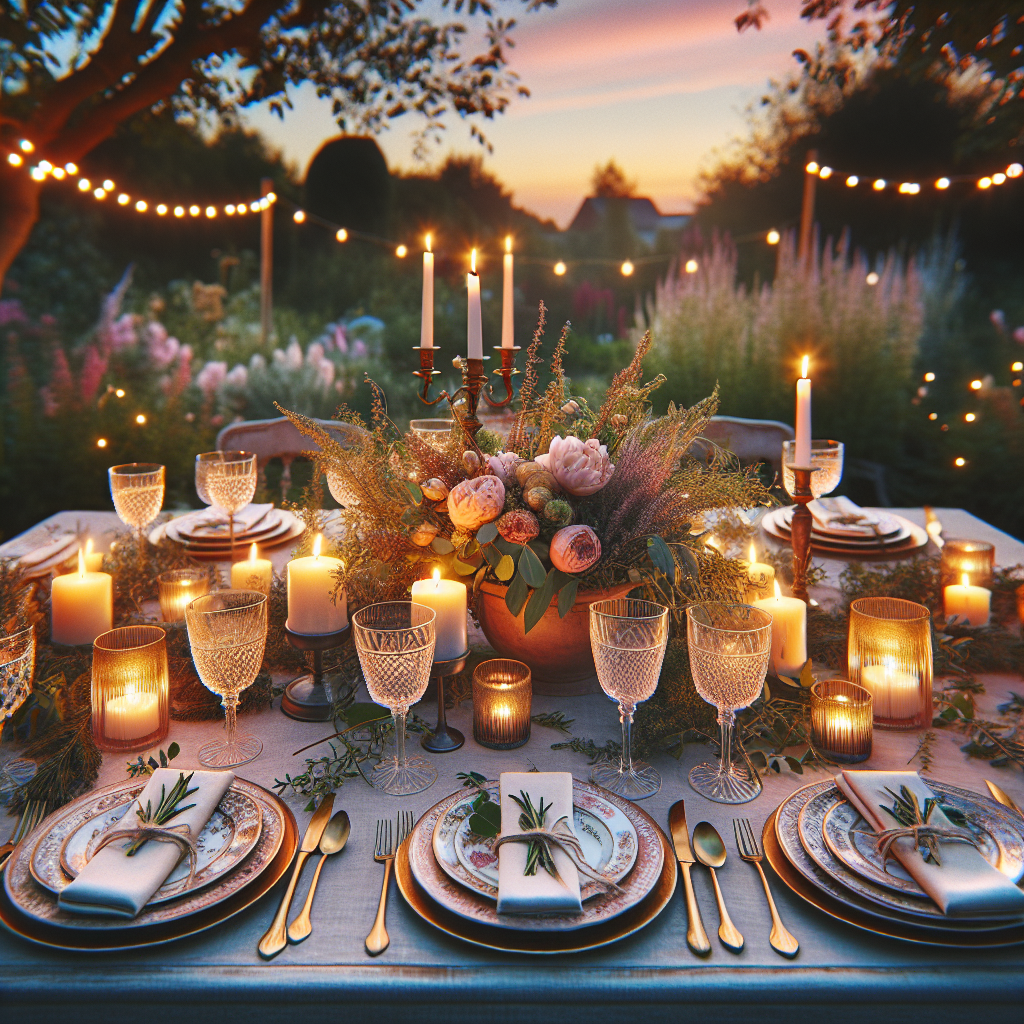August 14, 2024

Running a successful restaurant isn't just about great food anymore. It's about creating experiences that keep customers coming back. That's where event planning comes in. Done right, events can boost sales, build buzz, and turn first-time diners into loyal fans.
But let's be real - planning and promoting events can be a lot of work. You're already juggling a million things as a restaurant owner. The good news? With some smart strategies and the right tools, you can make event planning a breeze.
Let's dive into some proven ideas to make your restaurant events stand out. We'll look at real examples that have worked for other restaurants, so you can adapt them for your own place.
Not all events are created equal. Some types consistently pull in crowds and create buzz. Here are a few to consider:
The key is picking events that fit your restaurant's vibe and appeal to your target audience. A fine dining spot might do well with a wine pairing dinner, while a casual pub could crush it with a trivia night.
According to a study by ItsaCheckmate, restaurants that regularly host special events see an average 15% boost in sales during those nights. That's nothing to sneeze at.
You've got a great event planned. Now how do you get people to show up? Here are some promotion tactics that have proven effective:
One often overlooked strategy? Make sure your phone lines are covered. Nothing kills buzz faster than potential customers calling about your event and getting a busy signal or voicemail. That's where tools like our 24/7 AI Phone Agent can be a game-changer, ensuring every call about your event gets answered promptly.
Let's look at some real-world examples of restaurant events that crushed it:
A small bistro in Portland partnered with local farmers for a monthly harvest dinner. They promoted it heavily on Instagram, showcasing the fresh ingredients. The result? Sold-out events and a 30% increase in overall restaurant traffic.
A New York City bar hosted a monthly cocktail competition where guests could vote on new drink creations. They promoted it through a mix of social media and local food blogs. The events consistently packed the house and led to a 25% boost in bar sales.
These success stories show the power of aligning events with your brand and target audience. As noted in a case study by Remo, successful restaurant events are tailored to the target audience and align with the brand's values.
Great events don't just happen. They take careful planning. Here are some tips to ensure your event goes off without a hitch:
Pro tip: Consider using event management software to keep everything organized. And don't forget about handling increased call volume leading up to the event. Our AI Phone Agent can help manage reservations and answer common questions, freeing up your staff to focus on event prep.
How do you know if your event was a hit? Here are some key metrics to keep an eye on:
Don't just look at the numbers for the night of the event. Track these metrics in the weeks following to see the long-term impact on your business. A study from Walden University found that restaurants using targeted marketing strategies, including events, saw sustained increases in sales over time.
Restaurant events can be a powerful tool for boosting sales and building customer loyalty. By choosing the right type of event, promoting it effectively, and planning carefully, you can create experiences that keep diners coming back for more.
Remember, successful event planning is all about attention to detail. From promoting your event to managing increased call volume, every aspect matters. Tools like our AI Phone Agent can help streamline the process, ensuring you never miss a reservation or inquiry about your upcoming events.
Ready to take your restaurant events to the next level? Start planning your next big night and watch your business grow.
It depends on your resources and audience, but many successful restaurants aim for at least one special event per month.
Focus on social media, local partnerships, and email marketing to your existing customer base. These methods can be highly effective and low-cost.
Don't panic. Use it as a learning experience. Gather feedback, adjust your strategy, and try again. Even events that don't sell out can still provide valuable exposure for your restaurant.

Enter your information in the form to receive a call from Loman and place an order like a customer would!